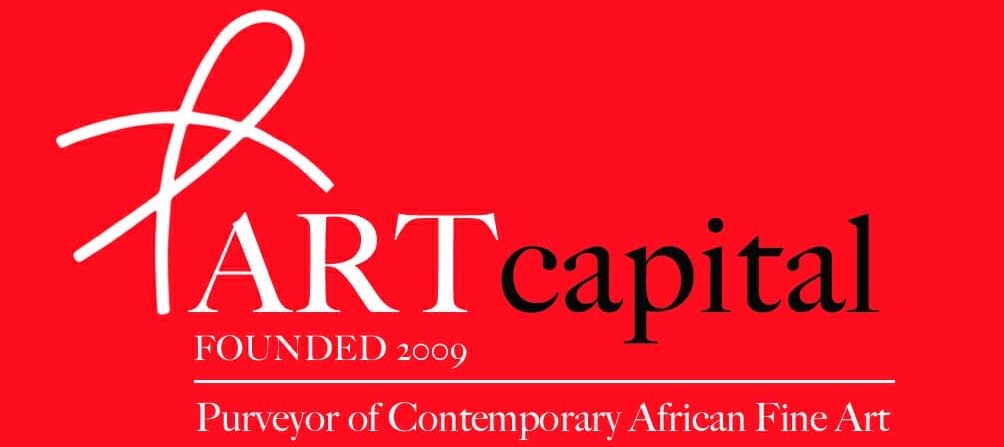ON “TRIBALISM” AND HUMANITY’S PROBLEMS.
Too many scholars and popular voices remain committed to the view that the evolution of humanity has been, in large part, driven by the patterns of in-group cohesion and out-group conflict.
They are wrong.
The majority of current research into humans and our history refutes the idea that deep-seated xenophobia (“us vs. them”) is the central factor in human evolution.
The view that human groups evolved to fight it out, hate one another, and live the “in-group good, out-group bad” lifestyle is simply not true.

But that does not mean humans are naturally peaceful or always getting along.
No other species creates cash economies and political institutions, changes planet-wide ecosystems in a few generations, builds cities and airplanes, arrests and deports its members, drives thousands of other species toward extinction, and intentionally hates and decimates other groups of humans.
But why all this is the case is not a simple “us vs. them” story.
Over the last few hundred millennia, humans have developed societies too large for people to know and recognize one another individually.
Members of such societies depend on markers of identity to spot compatriots — clothes, languages, habits, cuisines, and belief systems. Identity and markers of identity are central to the human experience.

They were controlled and danced by the Chi-Wara-Ton society, which is – rarely for the Bamana – a society of both men and women who are charged with blessing the harvest.
The name “chiwara” means “laboring wild animal” and refers to a half-man, half antelope that was born of Mousso Koroni (a sky goddess) and an earth spirit in the form of a cobra. Chiwara then taught the Bamana how to farm, and is venerated accordingly. ********]
But identity being important is not synonymous with out-group hate or conflict between groups. Yes, group identity can be used to generate hatred, but it is also used in many other ways. “Us vs. them” is neither necessarily conflictual nor set in stone.
Today, conflict between groups, peoples, and identity clusters are entangled with extreme economic inequality and the ongoing violence of nationalism, religious conflict, racism, and sexism — all complex realities with histories, dynamic social processes, and multiple, often different, factors shaping outcomes.
There is no simple “natural” explanation for the messes we create.
How we talk about society’s problems matters.
Invoking the notion of “tribalism” for the world’s current problems is misleading at best and insulting at worst.
AUGUSTIN FUENTES

